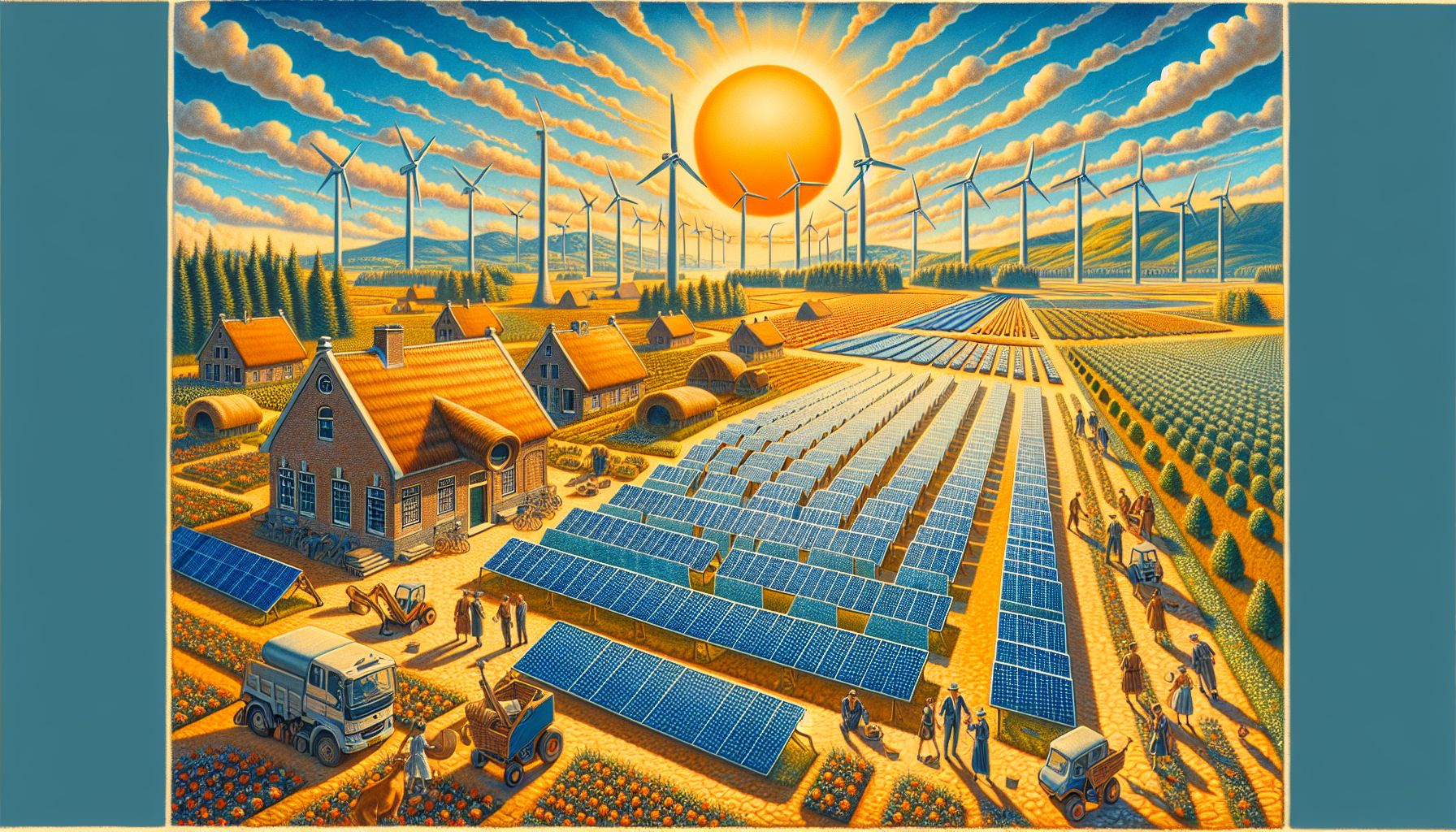Dutch SDE++ 2024 Subsidy Leaves €1.7 Billion Unallocated Amid Shifts in Energy Focus

The Hague, Thursday, 19 December 2024.
The Netherlands’ SDE++ 2024 subsidy program saw €9.8 billion in applications, leaving €1.7 billion unspent, indicating a strategic shift towards less profitable renewable technologies over solar panels.
Shifting Investment Patterns
The Dutch sustainable energy subsidy program (SDE++) has experienced a significant transformation in application patterns for 2024. While the total available budget was €11.5 billion, entrepreneurs and organizations only requested €9.8 billion in subsidies [1]. Most notably, solar panel applications saw a dramatic decrease, falling from 1,130 applications in 2023 to 501 in 2024, with requested funding dropping from €1.3 billion to €319 million [1].
Infrastructure Challenges
The decline in solar project applications can be attributed to several structural challenges. Grid congestion in various parts of the Netherlands has created significant waiting times for network connections [1]. Additionally, the increasing frequency of negative electricity prices has made solar investments less attractive to entrepreneurs [1]. This shift reflects broader challenges in renewable energy integration, as electricity currently represents only 20% of global energy consumption [2].
Focus on Future Technologies
Despite the overall decrease in applications, there’s encouraging interest in emerging technologies. The program allocated €1 billion each for low-temperature heat, high-temperature heat, and molecular solutions (including green gas and hydrogen), with all three categories receiving applications exceeding their allocated budgets [1]. This aligns with the EU’s broader strategy for sustainable energy development, emphasizing the importance of modern energy infrastructure and cross-sector innovation [3].
Notable Project Developments
Among the successful applicants, Novar secured funding for an impressive portfolio of renewable energy projects, including 7 solar parks (204 MWp) and 15 rooftop projects (38 MWp), totaling 242 MWp [4]. This development contributes to the broader renewable energy landscape in the Netherlands, which has also seen significant private sector involvement, as evidenced by the recent 250 MW wind power agreement between Google and Copenhagen Infrastructure Partners for the Zeevonk project [5].

